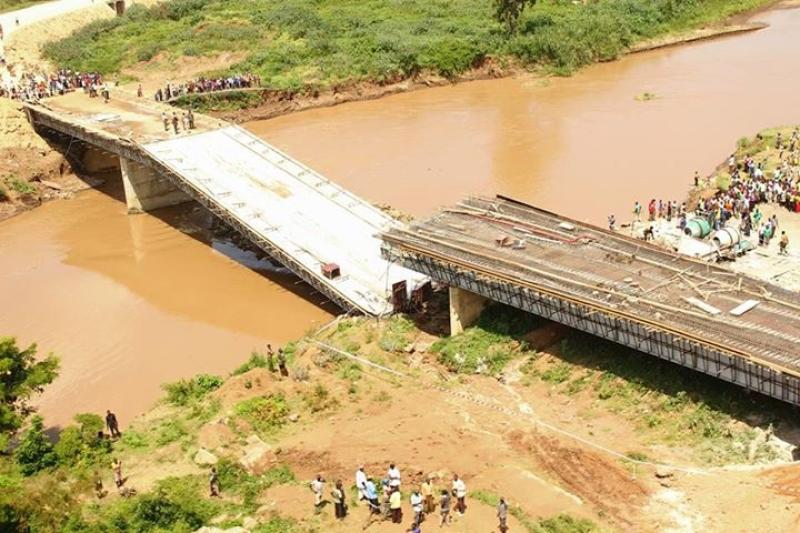×
The Standard e-Paper
Kenya’s Boldest Voice

From potential home owners who had their bank balances disappear into thin air after falling for cheap housing and land-buying scams, to the collapse of Sigiri bridge, 2017 was a year that never lacked scandals.
The real estate proved a god-send haven for fraudsters and scammers who capitalised on Kenyans' raw appetite for land and houses, to leave behind a trail of broken dreams and empty bank accounts.